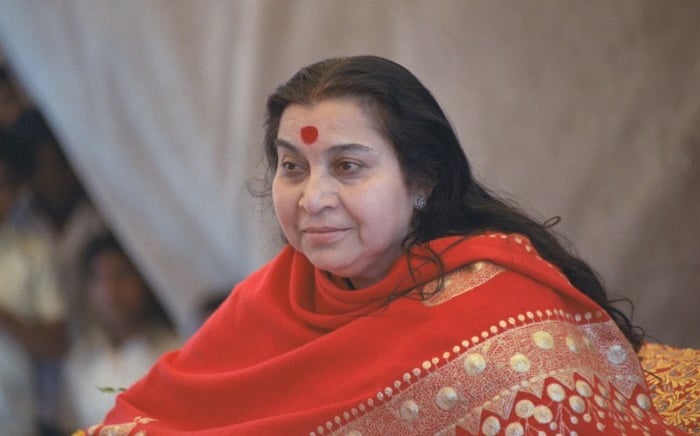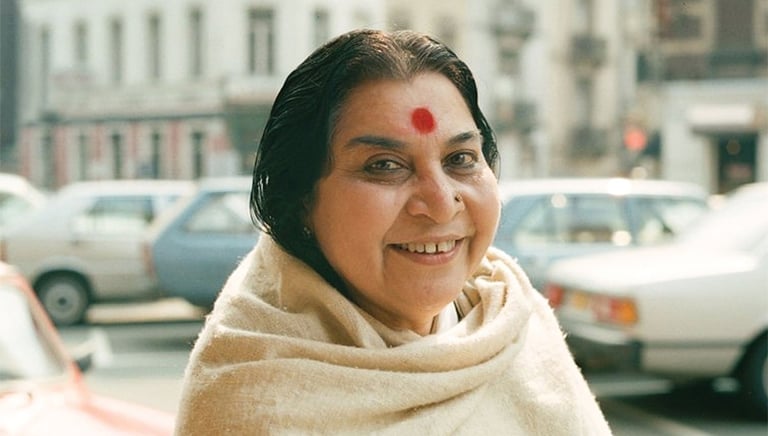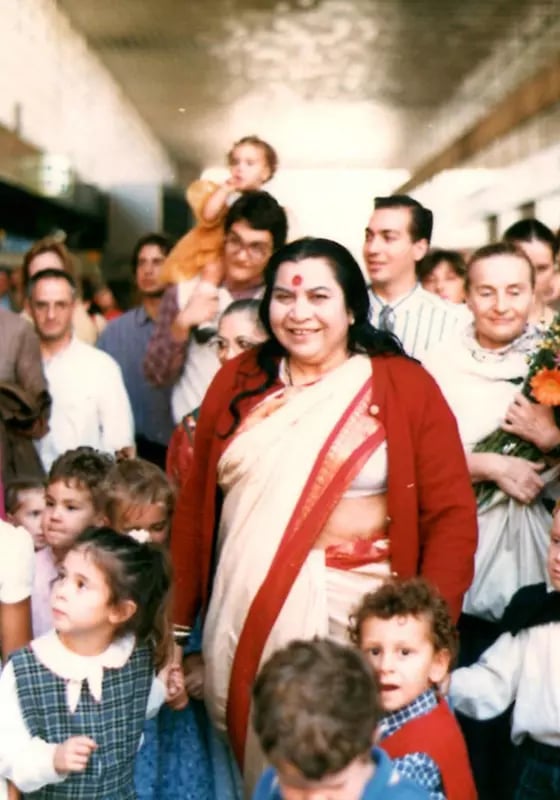Shri Mataji




Founder of Sahaja Yoga
Shri Mataji Nirmala Devi discovered a unique method of meditation called "Sahaja Yoga" which allows the achievement of inner enlightenment and reveals the true potential of humanity. Shri Mataji devoted her entire life to the development and dissemination of this method, and today hundreds of thousands of people around the world practice Sahaja Yoga.
Shri Mataji showed that within each person there is a motherly spiritual energy called Kundalini, the awakening of which leads to a state of spontaneous meditation. Unlike many ancient teachers who were only able to share this experience with a few individuals, Shri Mataji could raise the Kundalini in thousands of people, something previously considered impossible.
The opportunity to awaken this inner spiritual energy distinguishes Sahaja Yoga from other methods of meditation. It is the extraordinary living experience that allows us to achieve a state of complete peace and satisfaction, touch the very essence of our beings, and uncover our very best qualities.
A life dedicated to humanity
Shri Mataji not only founded and spread the method of Sahaja Yoga far across the world but also created many non-profit organizations in various fields of public life.
From a centre for destitute women and orphans, international schools with comprehensive and balanced curiculum, health centers using the methods of Sahaja Yoga to academies teaching classical arts - the list of Shri Mataji’s achievements is striking in its diversity.
Since birth Shri Mataji was surrounded by exceptional people. Her parents were scholars and political activists who played an important role in the liberation movement of India. They sought the independence of their country together with Mahatma Gandhi, who noticed the extraordinary potential of the young Shri Mataji and consulted her on spiritual matters.
Throughout her life, Shri Mataji was often in the circles of prominent political and public figures. Her husband, Sir Chandrika Prasad Srivastava, started as a young officer in the Indian Civil Service and rose through the ranks becoming Private Secretary to the Prime Minister of India, Lal Bahadur Shastri. He was later appointed Secretary-General of the United Nations International Maritime Organisation in London and served in this post for four successive terms. His relentless dedication to public service and exceptional achievements awarded him a knighthood by Queen Elizabeth II. He was the first Indian to receive such honour after India gained independence.


Call us
96963243
91394564
95921381
99242284
95454397
95702972
95713695
93581825
97456832

© 2025- 2026. All rights reserved.
